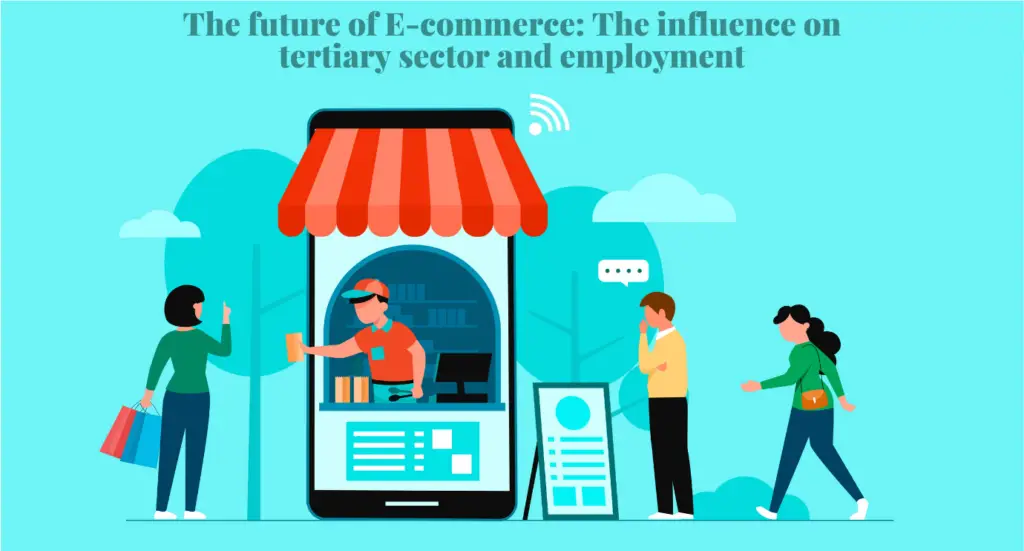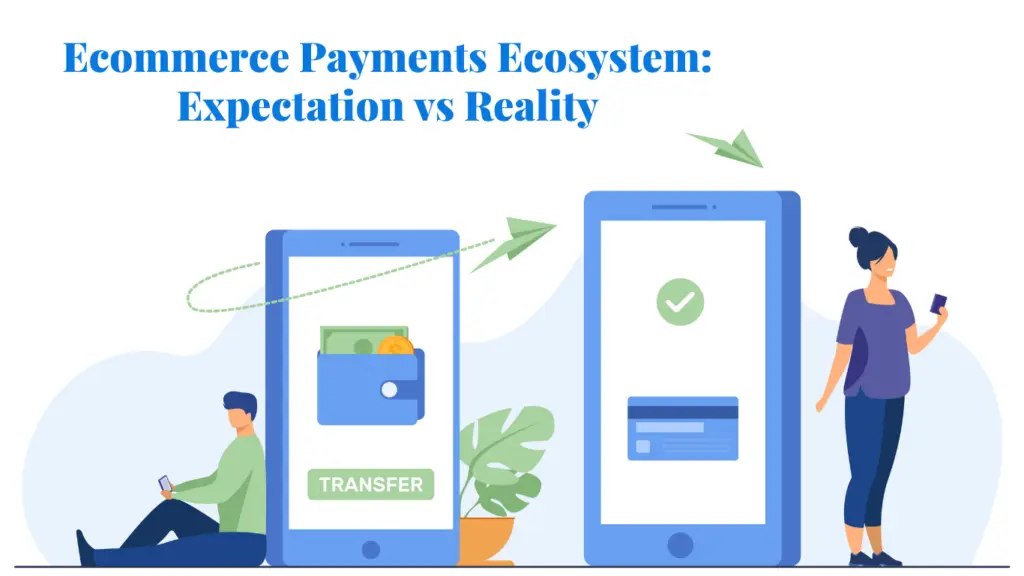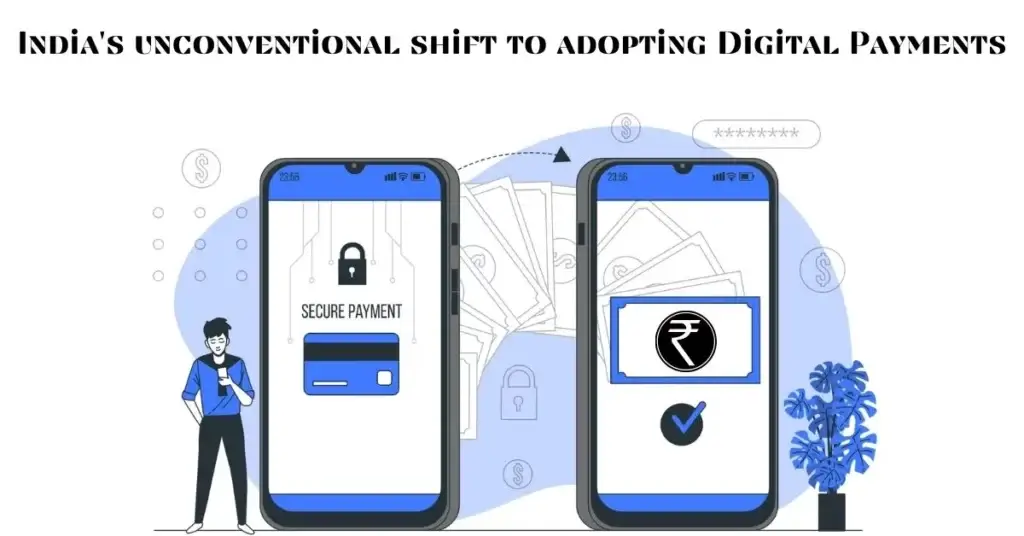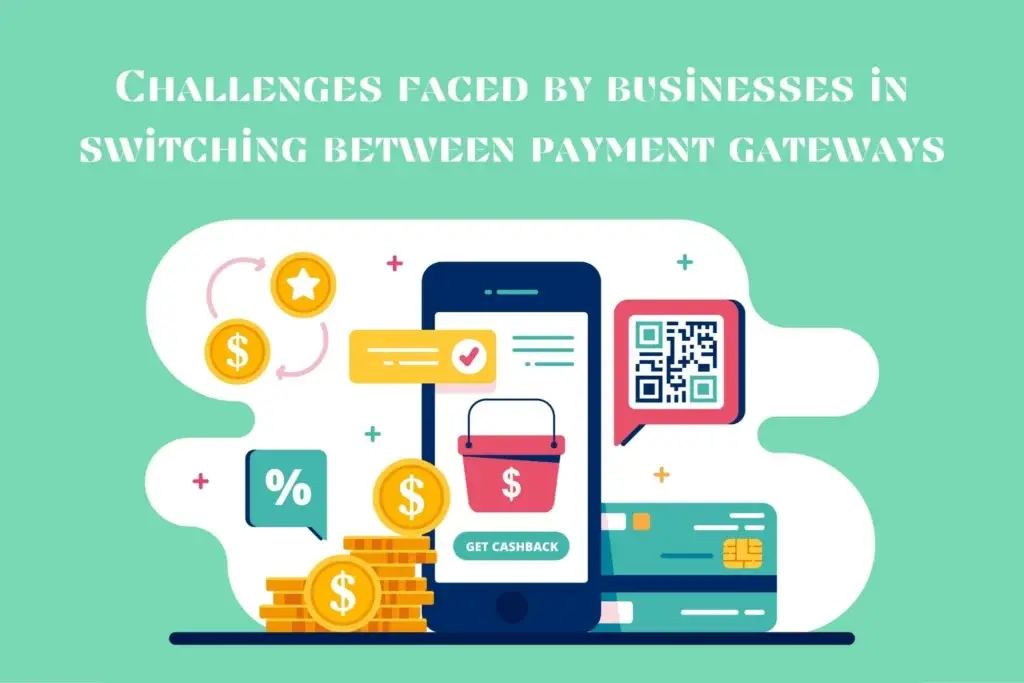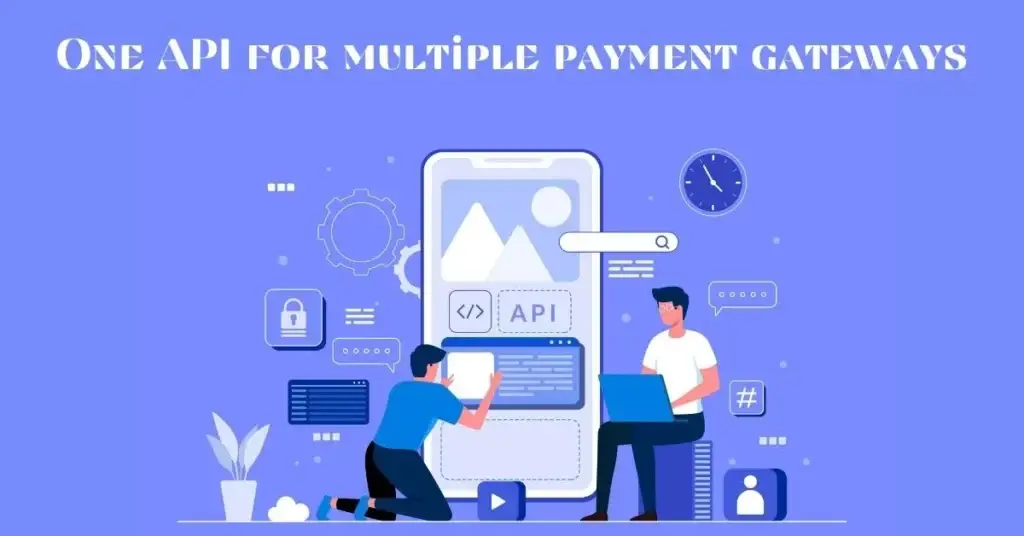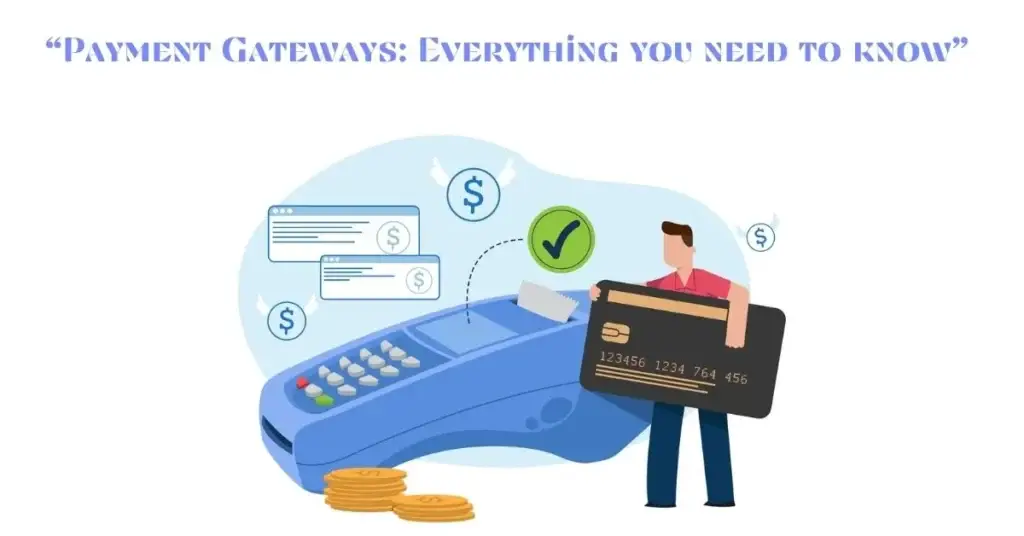The pandemic, no doubt, induced a boom in e-commerce, the online shopping approach is growing at a great speed. The shift towards the digital world has the absolute potential of becoming permanent. Why? It’s because of the convenience and flexibility it offers to the consumers. E-commerce was thriving pre-COVID but saw a massive surge in 2020. With all the essential categories being available online, consumers shifted to online purchasing.
The changing consumer behaviour and new purchasing habits are making the businesses adapt to the new normal. Every business business is strategizing to build a strong online presence by the customer’s needs. The customers well versed in the digital world are shopping more and more. With the virus lingering around with its uncertainties, it is making new customers move to virtual shopping platforms as well. New online businesses are entering the market every day. As more and more people become digitally aware, the shift is bound to happen. So, the answer to ‘Will E-commerce business continue to make a surge?’ is a big Yes.
The rise of e-commerce has significantly transformed the global economy, and its influence continues to expand rapidly. E-commerce growth is transforming industries, especially retail, finance, and logistics. In India, the impact of e-commerce is profound, driving growth and creating new employment opportunities. This article examines e-commerce’s future, its impact on jobs, and India’s payment gateways.
The Role of E-Commerce in the Tertiary Sector
The tertiary sector, which encompasses a wide range of services, has become the backbone of the Indian economy. E-commerce growth has boosted service demand, reshaping business operations. Payment gateways in India drive growth by ensuring secure, efficient transactions.
- Retail Services: The retail industry has undergone a massive transformation due to the proliferation of e-commerce platforms. Traditional brick-and-mortar stores are increasingly integrating online sales channels to reach a broader audience. Reliable Indian payment gateways simplify nationwide payment acceptance for retailers. As a result, retailers can now operate both online and offline, providing customers with a seamless shopping experience.
- Financial Services: The financial sector has also benefited from the growth of e-commerce. The demand for secure and efficient payment processing has led to the development of advanced payment gateway providers in India. These gateways ensure smooth e-commerce operations with real-time processing, fraud detection, and multi-currency support. Financial institutions partner with Indian payment gateways to provide tailored e-commerce solutions, boosting the tertiary sector.
- Logistics and Supply Chain Management: E-commerce has significantly impacted logistics and supply chain management.ply chain management industry is another critical component of the tertiary sector that has been impacted by e-commerce. The need to deliver products quickly and efficiently has led to the rise of sophisticated logistics networks. E-commerce businesses invest in supply chains, partnering with Indian payment gateways to streamline logistics payments. This has not only improved efficiency but also created new job opportunities in the logistics sector.
The Influence of E-Commerce on Employment
The growth of e-commerce has had a significant impact on employment, particularly in the tertiary sector. As e-commerce continues to expand, it is expected to create millions of jobs in India, spanning various industries.
- Retail and Customer Service: E-commerce growth has boosted demand for retail and customer service professionals. With more businesses going online, the demand for customer support teams has increased. Online payment gateways in India help customer service teams resolve payment issues, enhancing the shopping experience.
- Technology and Development: E-commerce growth has increased demand for tech professionals like web developers, software engineers, and cybersecurity experts. technology professionals, including web developers, software engineers, and cybersecurity experts. These professionals build and maintain e-commerce platforms, secure transactions via Indian payment gateways, and protect customer data.The increasing reliance on technology in e-commerce is expected to drive further growth in employment opportunities within the tech sector.
- Logistics and Supply Chain: Efficient logistics and supply chain management have created jobs in transportation, warehousing, and delivery. As e-commerce expands, demand for supply chain management professionals will grow. Integration of international payment gateways in India enables global expansion, creating jobs in international logistics.
- Financial Services and Fintech: The growth of e-commerce has led to increased collaboration between financial institutions and payment gateway companies in India. This has opened jobs in fintech, where professionals develop and manage payment solutions for e-commerce businesses. Demand for expertise in payment gateway integration, fraud prevention, and compliance will boost financial services sector employment.
The Future of Payment Gateways in India’s E-Commerce Ecosystem
As e-commerce continues to evolve, the role of payment gateways in India will become increasingly important. The future of payment gateways is likely to be shaped by several key trends:
- Increased Integration with E-Commerce Platforms: Payment gateways will integrate further with e-commerce platforms, providing seamless processing and enhanced security.This will enable businesses to provide a more streamlined shopping experience, reducing cart abandonment rates and increasing customer satisfaction.
- Expansion of International Payment Capabilities: With the growth of cross-border e-commerce, there will be a greater demand for international payment gateways in India. These gateways will need to support multiple currencies and payment methods, making it easier for Indian businesses to expand globally. This trend will also drive the development of new payment solutions that cater to the specific needs of international markets.
- Adoption of Advanced Security Measures: As cyber threats continue to evolve, payment gateways will need to adopt advanced security measures to protect customer data and prevent fraud. This will include the implementation of technologies such as blockchain, tokenization, and multi-factor authentication. Payment gateways that offer robust security features will be more attractive to businesses and consumers alike, driving their adoption in the e-commerce sector.
- Growth of Fintech Innovations: The fintech industry is expected to play a significant role in the future of payment gateways in India. Innovations such as digital wallets, mobile payments, and blockchain technology will continue to disrupt the payment landscape, offering new opportunities for e-commerce businesses. Payment gateway providers in India that embrace these innovations will be better positioned to meet the changing needs of the market.
Conclusion: Embracing the Future of E-Commerce and Payment Gateways in India
The future of e-commerce in India is bright, with significant growth expected in the coming years. As the industry continues to evolve, the influence of e-commerce on the tertiary sector and employment will only increase. Payment gateways in India will play a crucial role in this transformation, enabling businesses to offer secure, efficient, and scalable payment solutions.
By choosing the right payment gateway in India, businesses can ensure they are well-equipped to meet the demands of the digital marketplace. Whether you are looking for the best payment gateway in India or a solution that supports international payments, the options available today offer a range of features to help your business thrive in the e-commerce era.
Payomatix is committed to supporting the future of e-commerce by offering cutting-edge payment solutions that cater to the unique needs of Indian businesses. As the e-commerce landscape continues to evolve, we are here to help you navigate the challenges and seize the opportunities that lie ahead.

